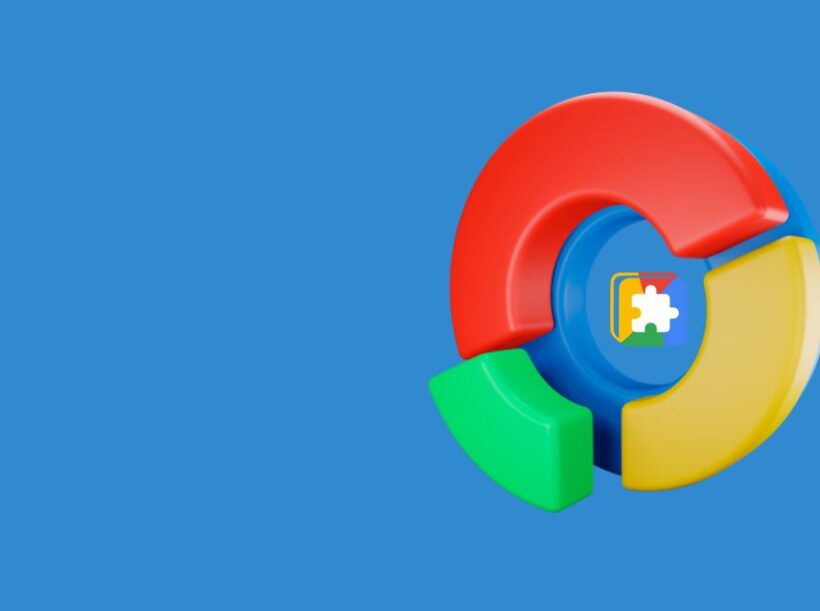At its core, a variable is a symbolic name associated with a value and whose associated value can change. In the context of programming, variables are used to store information that can be referenced and manipulated in a computer program. Think of a variable as a container for data that can hold a value, which can vary or change. This concept is universal across almost all programming languages, making it a fundamental building block in software development.
Historical Overview of Variables
The concept of variables has its roots in mathematics, where they were first used to represent unknown values in equations. With the advent of computers, this concept was adapted for programming, allowing developers to store and manage data efficiently. Over the decades, as programming languages evolved, the implementation and functionality of variables have become more sophisticated, enabling more dynamic and complex applications.
Why Are Variables Important in Technology?
Variables are crucial in technology because they provide a way to store and manage data dynamically. They allow programs to process input, store temporary data, and keep track of information that changes during the execution of a program. In gadget development, variables enable the creation of flexible and user-responsive applications. For instance, a smartphone app that tracks fitness metrics uses variables to store user data, such as steps taken, calories burned, and heart rate.
How Do Variables Work in Programming?
In programming, a variable is declared by specifying its type and name. The type defines what kind of data the variable can hold, such as integers, floating-point numbers, characters, or strings. Once declared, a variable can be assigned a value, which can be changed as needed. This flexibility allows developers to create programs that can perform calculations, make decisions, and interact with users dynamically.
What Are the Different Types of Variables?
Variables can be classified into several types based on their scope and lifetime, such as local, global, static, and instance variables. Local variables are declared within a function and are only accessible within that function, while global variables are declared outside all functions and can be accessed by any part of the program. Static variables retain their value between function calls, and instance variables are associated with objects in object-oriented programming.
How Do Variables Affect Gadget Development?
In gadget development, variables are used extensively to manage data and user interactions. For example, in a smart thermostat, variables are used to store temperature settings, user preferences, and environmental conditions. By using variables, developers can create gadgets that are responsive, adaptable, and capable of performing complex functions based on user input and environmental factors.
What Are the Common Challenges with Variables?
One common challenge with variables is managing their scope and lifetime, which can lead to errors such as memory leaks and unintended data modifications. Another challenge is ensuring that variables are initialized before use to prevent runtime errors. Developers must also be mindful of naming conventions and data types to maintain code readability and prevent bugs.
How Can Variables Enhance User Experience?
Variables play a vital role in enhancing user experience by enabling dynamic content and interactivity. For instance, in web development, variables can be used to store user input, allowing web applications to provide personalized content and recommendations. By using variables effectively, developers can create intuitive and engaging user interfaces that respond to user actions in real-time.
What Are the Best Practices for Using Variables?
To use variables effectively, developers should follow best practices such as using descriptive names, maintaining consistent naming conventions, and avoiding global variables when possible to reduce dependencies. It’s also important to initialize variables before use and to choose the appropriate data type to optimize performance and memory usage.
How Are Variables Used in Tech Trends Like AI and IoT?
In artificial intelligence (AI) and the Internet of Things (IoT), variables are used to process and analyze large datasets, enabling devices to learn and make decisions. In AI, variables store data used in machine learning algorithms, while in IoT, they manage sensor data and control device operations, facilitating communication and automation across connected devices.
What Is the Future of Variables in Technology?
As technology continues to evolve, the role of variables will remain crucial, particularly in emerging fields such as quantum computing and blockchain. In quantum computing, variables represent quantum bits (qubits) that can exist in multiple states simultaneously, offering new possibilities for data processing. In blockchain, variables are used to manage transactions and smart contracts, ensuring the integrity and security of decentralized networks.
Conclusion
Variables are an indispensable part of technology, serving as the foundation for data management and manipulation in programming. They enable the development of dynamic, responsive, and intelligent applications and gadgets, enhancing user experience and driving innovation. By understanding the significance and functionality of variables, developers and tech enthusiasts can unlock new possibilities in the ever-evolving digital landscape. Whether you’re a seasoned programmer or a curious tech enthusiast, a solid grasp of variables will empower you to navigate and contribute to the tech world with confidence.



